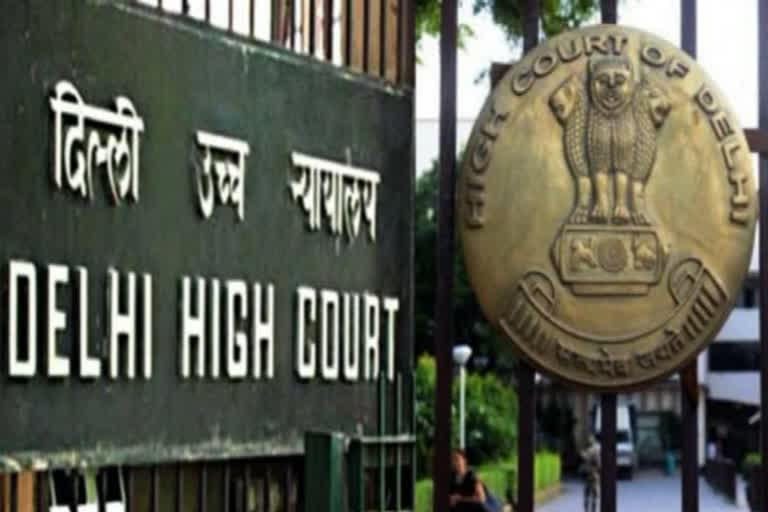New Delhi: The Delhi High Court Monday granted two weeks to the associations of hotel and restaurant owners to file their rejoinder to the affidavit submitted by the Central Consumer Protection Authority (CCPA) on the levy of service charge on food bills. The high court was hearing petitions by National Restaurant Association of India (NRAI) and Federation of Hotels and Restaurant Associations of India challenging CCPA's July 4 guidelines prohibiting hotels and restaurants from levying service charge on food bills.
The counsel for petitioners prays for and are granted two weeks time to file rejoinder to the reply filed by the CCPA in the petitions, Justice Yashwant Varma said, while listing the matter in November. The NRAI has claimed before the high court that the CCPA ban under the July 4 order was arbitrary, untenable and ought to be quashed as it was imposed without an appreciation of the facts and circumstances.
The levy of service charge has been a standing practice in the hospitality industry for more than 80 years which is evident from the fact that the Supreme Court took notice of this concept way back in 1964, the the NRAI petition has said.
The levying of service charge has a socio-economic angle as well. The system of levying service charge ensures that there is a systematic and logical distribution of service charge collection amongst the employees and not just the employee serving the customer in the restaurant. This ensures that the benefit is divided equally among all the staff workers including the utility workers and back staff, it said.
The Centre and CCPA have contended before the high court that hotels and restaurants were openly flouting the guidelines and collecting service charge on food bills from consumers involuntarily, even when they were dissatisfied with the services. The submission was made by the authorities earlier in their application seeking vacation of stay granted by the high court on the CCPA's July 4 guidelines prohibiting hotels and restaurants from levying service charge on food bills.
The single judge had on July 20 passed an interim order staying the guidelines. Thereafter, the Centre and CCPA challenged the order before the division bench which asked the authorities to approach the single judge for appropriate relief. The authorities have contended in their vacation of stay plea that adequate time and opportunity was not provided to them to present their case and the interim order was passed post haste.
They have said due to this grave hardship has been caused to consumers at large who have been made to pay the service charge mandatorily without there being any element of discretion on their part.
It was noticed that restaurants and hotels were openly flouting the guidelines and collecting service charge from consumers involuntarily, even when they were dissatisfied with the services, the application has said, adding after the July guidelines were issued, 1105 more complaints were registered by consumers on the National Consumer Helpline with regard to unfair levying of service charge by hotels and restaurants.
It has said such charge was being added automatically or by default to the food bill without allowing consumers the choice or discretion to decide whether they want to pay or not. The guidelines, the application said, do not interfere with the right of restaurants or hotels to set the prices at which they want to offer their food and services to consumers.
Seeking dismissal of the petitions, the CCPA, in its counter affidavit, said the petitioners have totally failed to appreciate the rights of the consumers, whose hard-earned money is unjustly collected automatically or by default in the name of service charge. It has added that the objective of collecting mandatory service charge from consumers over and above the price of food items and applicable taxes is unlawful as no proportionate service is separately provided to consumers.
The court had, during an earlier hearing, questioned why restaurants should recover service charge from consumers as an additional and separate levy, remarking that a common man perceives it as a government levy. The court had said restaurants can increase their food prices to absorb this charge instead of recovering it in the form of an additional charge over and above the total bill.
The single judge had on July 20 said the stay is subject to the petitioners ensuring that the levy of service charge, in addition to the price and taxes, and the obligation of the customer to pay the same is duly and prominently displayed on the menu or other places. Further, the members of the petitioner associations will also undertake not to levy service charge on takeaway items, the court had said. (PTI)



